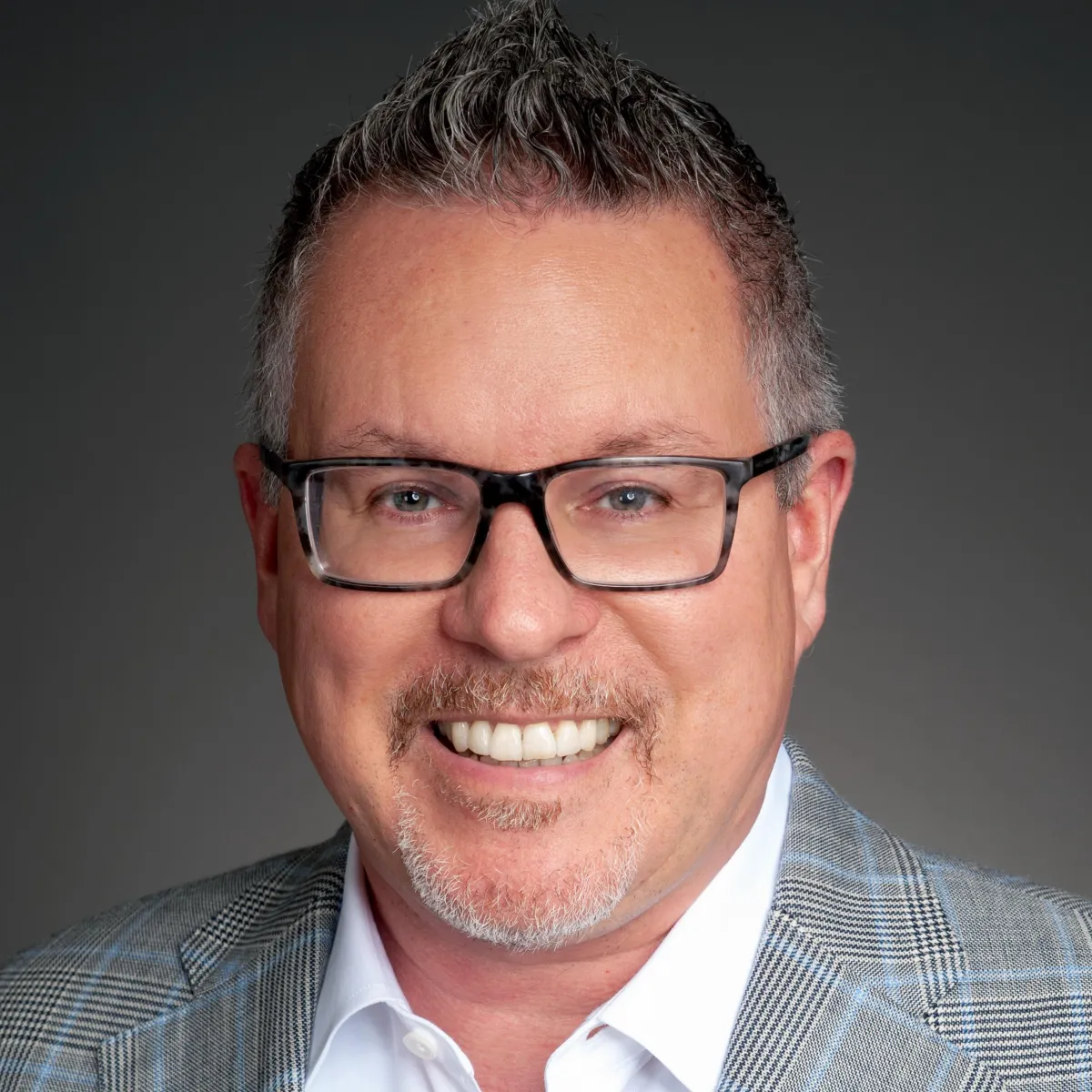
Special Guest Expert - Mark Graban

Mark Graban
Mark Graban is an author, speaker, consultant, podcaster, and entrepreneur. In his 25-year career, his passion has been creating a culture of continuous improvement in organizations ranging from manufacturing, software, and hospitals. He has a BS in Industrial Engineering from Northwestern University, and an MBA / MS in Mechanical Engineering from MIT. He's the host of multiple podcasts, including "My Favorite Mistake" and he's the author of four books.
Connect with Mark:
Please Share This With Your Followers
